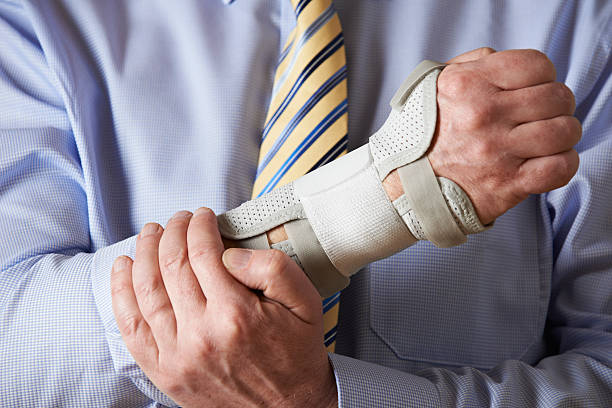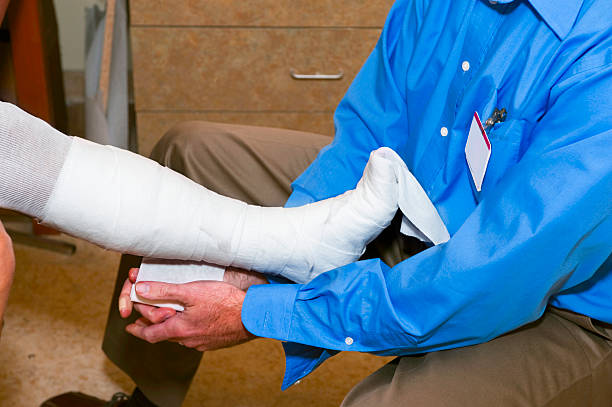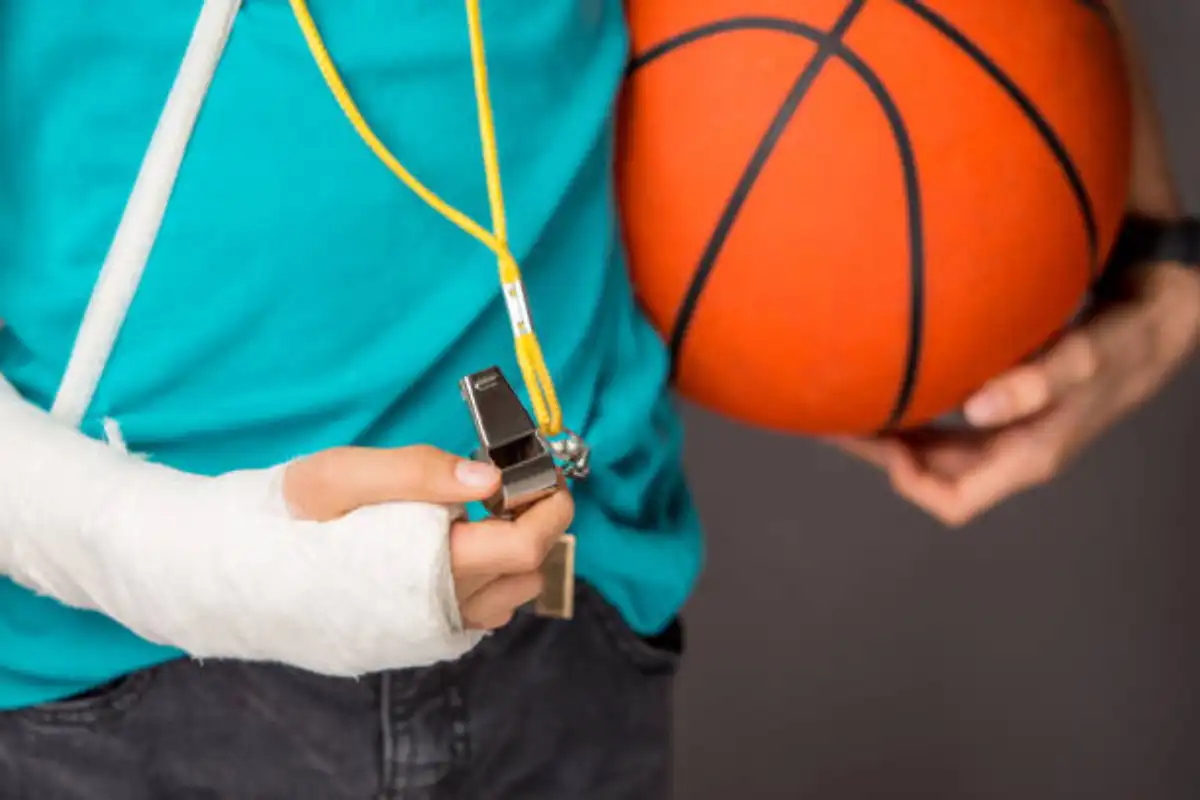Understanding Your Legal Rights After a Sports Injury
Injuries are an unfortunate but common part of athletic activity—whether you’re a professional athlete, student competitor, or casual participant. Understanding your legal rights after a sports injury can make all the difference in your physical, financial, and emotional recovery. Many athletes are unaware of the legal protections available to them, which can lead to missed opportunities for compensation and proper care.
When an injury occurs, it’s important to determine whether negligence played a role. Did a coach fail to provide adequate supervision? Did a facility ignore safety protocols? If the answer is yes, you may be entitled to compensation. Knowing your rights allows you to take appropriate actions such as filing a claim or seeking legal advice. To learn more about personal injury claims and your legal options, visit
Legal Case Review.

Ready to connect with top legal professionals? Get immediate support— Call us at 877-550-8911.
Connect with Our Legal Team
Types of Sports Injuries and Their Legal Implications
Sports injuries range in severity, and each type can have different legal consequences. Common sports injuries include:
- Sprains and strains: Often resulting from overstretching or overuse
- Fractures: Typically caused by falls or direct impact
- Concussions: Head injuries with potential long-term effects
- Dislocations: Joints forced out of position, often painful and limiting
The context of your injury—practice, competition, unsupervised time—can affect your legal options. For instance, a concussion sustained during a poorly supervised school football practice could be grounds for a negligence claim against the school or athletic department.
The Importance of Promptly Reporting Injuries
Reporting a sports injury as soon as it happens is crucial. Here’s why:
- Medical care: Early treatment prevents worsening and promotes healing.
- Record-keeping: Establishes a documented history for claims or disputes.
- Safety protocols: Enables teams and facilities to revise procedures for better safety.
- Legal protection: Timely reporting helps prove the injury occurred during the sport.
If you’re unsure of what steps to take, reviewing our guide on
filing a personal injury claim is a helpful place to start.
How to Document Your Sports Injury Effectively
Thorough documentation supports your legal case. Follow these tips:
- Record the date, time, location, and nature of the injury.
- Identify any witnesses and gather their contact info.
- Take photos of your injury and the surrounding area.
- Keep all medical records, including diagnosis and treatment.
- Maintain a personal journal tracking pain, limitations, and recovery.
All this information can serve as vital evidence when negotiating with insurance companies or presenting a case in court.
Navigating Insurance Claims for Sports Injuries
Filing an insurance claim can be complicated. Understanding your rights ensures you don’t settle for less than you deserve.
- Review your policy: What is and isn’t covered?
- Document everything: Provide injury reports, medical records, and bills.
- Follow deadlines: Missing a filing deadline can void your claim.
- Get legal help: If your claim is denied, a personal injury attorney can help appeal.
For a deeper look at handling insurance matters, you can consult the
National Association of Insurance Commissioners (NAIC), which offers consumer resources.
Seeking Medical Attention and Knowing Your Rights
You have the right to prompt and proper medical care following a sports injury. Delaying treatment can lead to long-term complications and impact your legal case.
- Seek treatment immediately and save all paperwork.
- Ask for copies of imaging results, diagnoses, and prescriptions.
- Get written evaluations from doctors about recovery time and physical limitations.
- If your care is inadequate, consult a legal professional for next steps.
Athletes often don’t realize that being denied appropriate treatment or forced to play while injured can be grounds for legal action.
Understanding Liability in Sports Injuries
Liability determines who is responsible for your injury. Several parties may be held accountable:
- Coaches: Failure to supervise or provide proper instruction
- Schools or organizations: Lack of safety equipment or failure to enforce rules
- Facilities: Unsafe conditions or lack of maintenance
- Other players: Intentional or reckless behavior
While
assumption of risk is a legal doctrine that applies to sports injuries, it does not absolve others from liability due to negligence or misconduct. Even if you signed a waiver, it may not hold up in court if safety protocols were violated.
 Resources for Athletes to Know Their Rights
Resources for Athletes to Know Their Rights
Understanding your legal rights can be overwhelming, but there are many resources available:
Online forums and advocacy groups also provide helpful insights from athletes who’ve gone through similar situations.
FAQs: Know Your Rights After a Sports Injury
Q1: Can I sue my school or coach if I get hurt during practice?
A: Yes, if negligence—such as lack of supervision or unsafe conditions—contributed to your injury, you may be able to pursue legal action.
Q2: Does signing a waiver mean I can’t take legal action?
A: Not necessarily. Waivers don’t protect organizations from gross negligence or misconduct.
Q3: How long do I have to file a claim after a sports injury?
A: It varies by state, but typically you have 1–3 years. This is known as the statute of limitations.
Q4: What should I do first after a sports injury?
A: Seek medical attention, report the injury, and begin documenting all related details and expenses.
Q5: Will insurance cover my sports injury?
A: It depends on your policy. Always check coverage details and consult with a personal injury attorney if you’re unsure.
Final Thoughts
Sports injuries can affect your career, finances, and quality of life. Understanding your legal rights after a sports injury helps you take control of the situation. Whether you’re filing an insurance claim or considering legal action, being informed is your strongest advantage.
Don’t wait—if you’ve been injured and suspect negligence, visit
LegalCaseReview.com to explore your options and connect with experienced legal professionals.
Don’t wait to secure the legal representation you deserve. Visit Legal Case Review today for free quotes and tailored guidance, or call 877-550-8911 for immediate assistance.

 Resources for Athletes to Know Their Rights
Resources for Athletes to Know Their Rights


